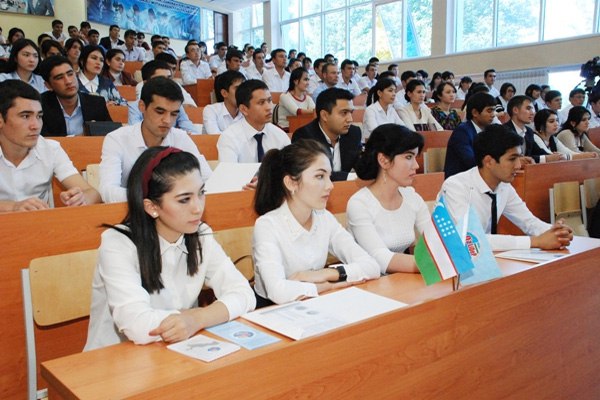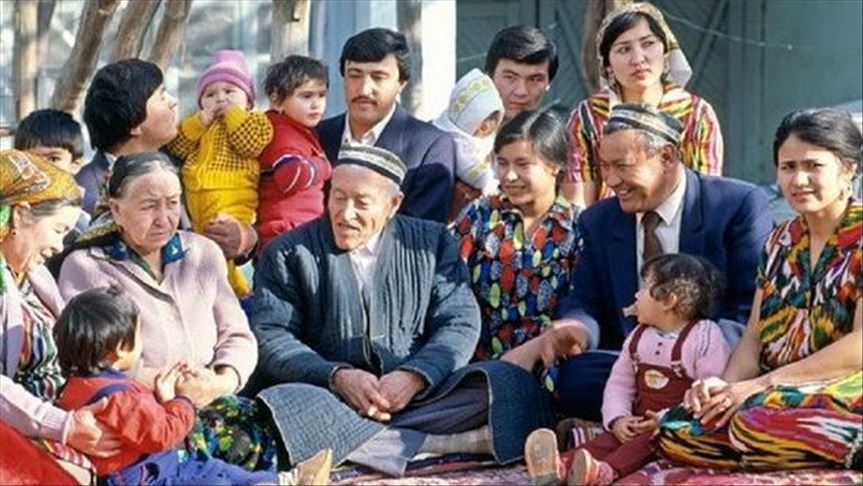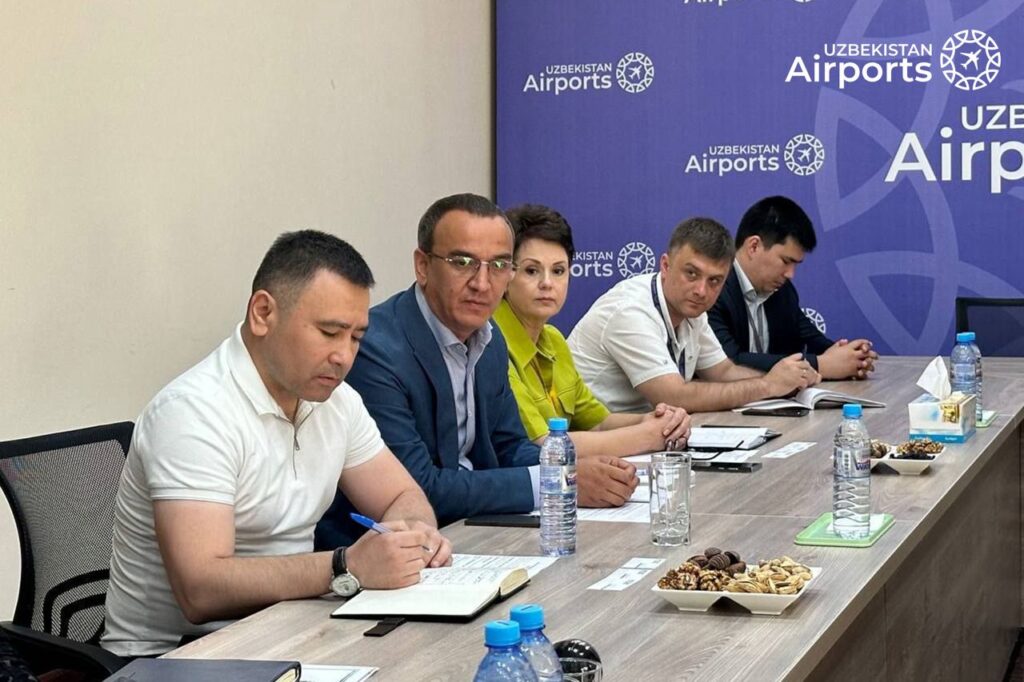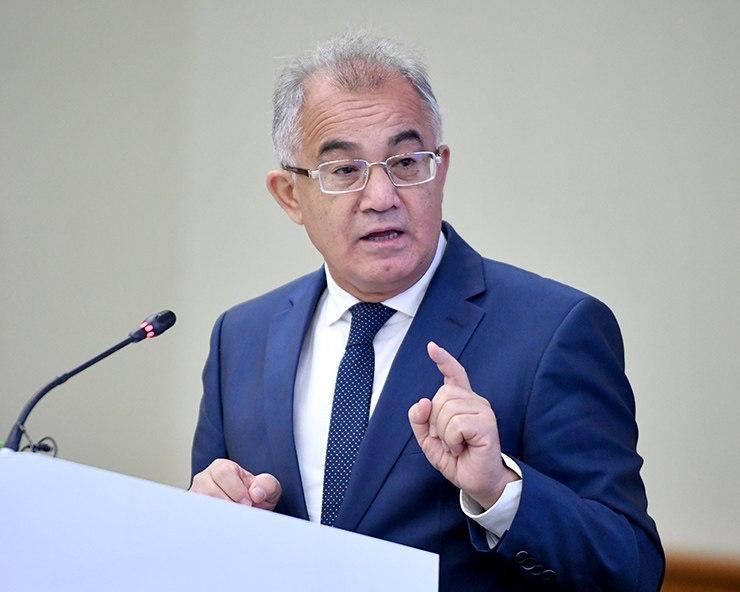The population growth in Central Asia, combined with worsening demographic situations across the rest of the post-Soviet space, means a gradual shift in power and investment toward the regional powers of Uzbekistan and Kazakhstan. Thanks to their growing markets – unlike Belarus and Russia, where the population is slowly declining, and especially Ukraine – Uzbekistan and Kazakhstan are starting large projects with the participation of foreign investors. In particular, Russia is showing increased interest in Central Asia, with the US and the EU also keen to engage financially. Recently, Kazakhstani political scientist Marat Shibutov noted on social media that politicians have realized the benefits of investing in countries with major population growth. He argued that power dynamics across the post-Soviet space are changing in line with that. Shibutov quoted an article that he co-authored with Yuri Solozobov in May 2019: “according to statistics, in 1991 there were 20 million people in Uzbekistan and 51 million in Ukraine. Now, there are officially 32.6 million in Uzbekistan (experts say about 34 million) and 42 million in Ukraine (the real figure is unknown). But soon, everything is set to change dramatically. In fact, in 2-5 years, Uzbekistan will equal or surpass Ukraine in population – this will be a turning point in the post-Soviet space. First and foremost, Uzbekistan's investment and trade position will improve, especially in the consumer goods segment. Considering the nuclear power plant project being implemented with the help of Russia and the Ustyurt oil and gas fields, Uzbekistan will become a more promising country for foreign investors than Ukraine, whose development will be entirely about defense spending and internal political issues.” Due to the war that started in 2022, Shibutov’s forecast has materialized even faster. According to UN estimates, Ukraine's population this year is barely 37 million. No one has accurate data since the last census in this country was carried out in 2001. As of 2023, the Ministry of Social Policy of Ukraine put the figure even lower than the UN, at 36 million. Thus, after Russia (with a population of over 140 million), Uzbekistan is likely the second most populous country of the former USSR. In Kazakhstan the population is growing even faster than in Uzbekistan. Russian and Kazakh businesses are implementing 135 projects worth $26.5 billion. Additionally, 67 joint projects worth $14 billion are being planned across key economic industries, including machine building, metallurgy, and chemicals. They are expected to create 11,000 jobs. According to Russian ambassador to Kazakhstan Alexei Borodavkin, there are more than 18,000 enterprises with Russian capital in Kazakhstan and about 4,000 joint ventures with Kazakh partners. Overall, Russia and Kazakhstan have investments totaling $33.5 billion across 143 projects. In November last year, a memorandum of cooperation was signed between the countries’ ministries of energy to build three thermal power plants (TPP) in Kazakhstan – Kokshetau TPP, Semey TPP, and Ust-Kamenogorsk TPP. The combined capacity of the new coal-fired facilities will be about 1 GW (Kokshetau TPP 240 MW, Semey TPP 360 MW,...






